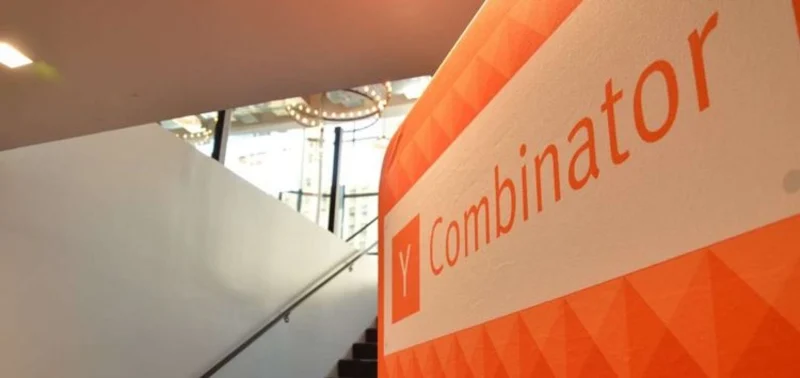Startup accelerator Y Combinator has published an updated list of 20 new sectors it is interested in funding for emerging startups. The prominent early-stage investor updates the list periodically based on current startup trends and potential growth areas its partners have identified.
The amendment represents the biggest overhaul to Y Combinator’s “requests for startups” since 2018, according to Dalton Caldwell, Managing Director at the firm. In a blog post announcing the new areas of interest, Caldwell noted the list originates from the Y Combinator partners’ weekly discussions analyzing the latest group of startups in their accelerator program batches.

“These discussions also do a good job of helping us notice the gaps. Ideas that should be made real — and that we’d want to fund…” Caldwell wrote. “In a recent discussion like this, we realized it was time to put together an entirely new Request for Startups.”
The ideas Y Combinator is hoping to see startups tackle span a wide range of sectors in the updated list and they include
- New space companies
- Climate tech
- New enterprise resource planning software (ERPs)
- AI to build enterprise software
- Bring manufacturing back to America
- Commercial open-source companies
- A way to end cancer
- Using machine learning to simulate the physical world.
- Spatial computing
- Better enterprise glue
- Stablecoin finance
- Applying machine learning to robotics
- Developer tools inspired by existing internal tools
- Foundation models for biological systems
- Small fine-tuned models as an alternative to giant generic ones
- New defense technology
- LLMs for manual back office processes in legacy enterprises
- The managed service organization model for healthcare
- Explainable AI
- Eliminating middlemen in healthcare
Caldwell emphasised that the list is not meant to be exhaustive, noting “Many of the best ideas are the ones we would never expect.” For entrepreneurs unsure what to pursue, however, the list serves as a starting point for ideation.
Noteworthy: Y Combinator invests $500,000 in each startup it accepts into its intensive 3-month accelerator program, which takes place twice per year. The firm has helped launch over 3,000 startups to date, including unicorns like Airbnb, DoorDash, and Dropbox.


